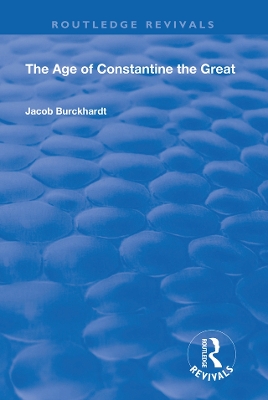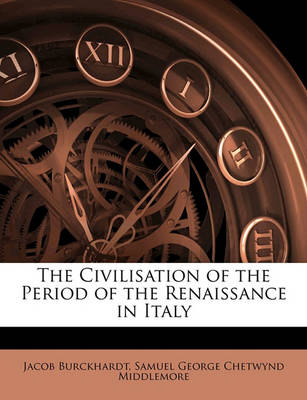Routledge Revivals
2 total works
Republished in 1949, Jacob Burckhardt's brilliant study, first published in Germany in 1852, has survived all its critics and presents today perhaps a more intelligible and a more valid picture of events, their nexus, and their relevance than any later study. This English version is apt to the moment. No epoch of remote history can be so relevant to modern interests as the period of transition between the ancient and the medieval world, when a familiar order of things visibly died and was supplanted by a new. Other transitions become apparent only in retrospect; that of the age of Constantine, like our own, was patent to contemporaries. Old institutions, in the sphere of culture as of government, had grown senile; economic balances were altered; peoples hitherto on the peripheries of civilization demanded attention, and a new and revolutionary social doctrine with an enormous emotional appeal was spread abroad by men with a religious zeal for a new and authoritarian cosmopolitanism and with a religious certainty that their end justified their means. For us, contemporary developments have made the analogy inescapable, but Jacob Burckhardt's insight led him to a singularly clear apprehension of the meaning of the transition almost a century ago, and the analogy implicit in his book is the more impressive as it was unpremeditated.

